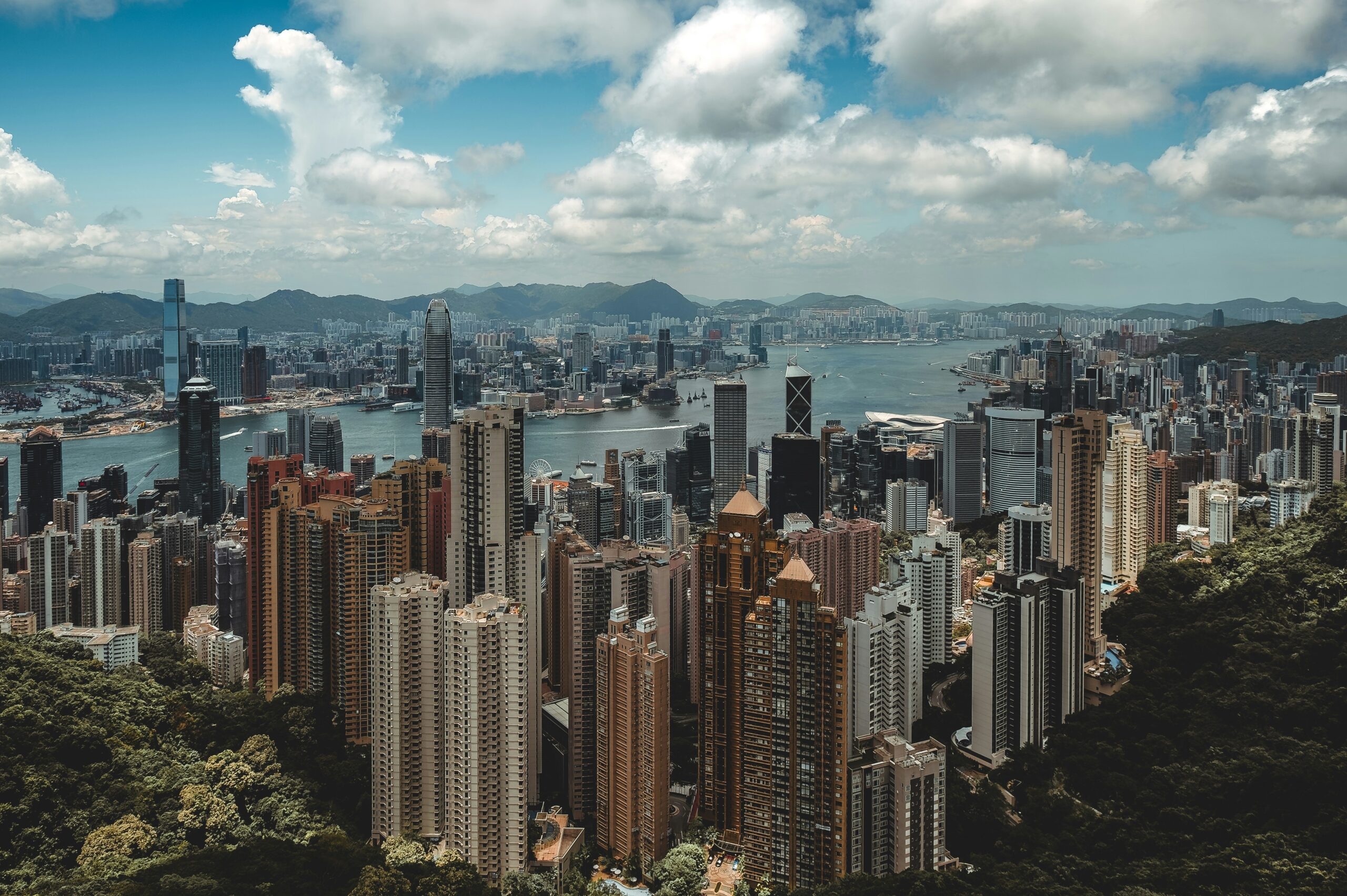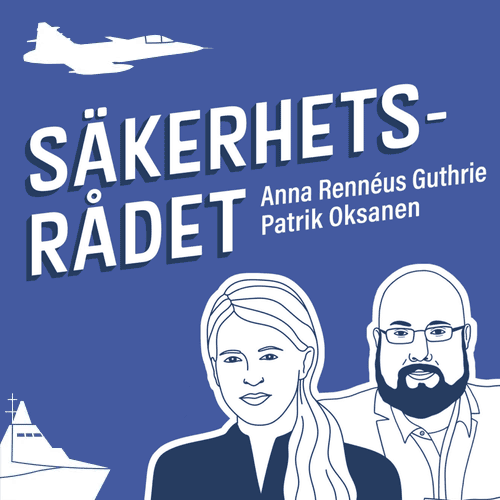Since Beijing imposed the National Security Law (NSL) on Hong Kong in 2020, the erosion of the city’s rights and freedoms has all but fallen from the agenda of policymakers in the European Union. That much is certain from the relative silence that came in response to the imposition of the Safeguarding National Security Ordinance (Article 23) in early 2024.
The European Parliament did what it could with condemnations and a resolution calling for the EU to impose sanctions on Hong Kong Chief Executive John Lee. But the rest of the EU institutions were relatively blasé about the bill, with the High Representative of the European Union for Foreign Affairs and Security Policy Josep Borrell offering little more than “grave concerns” and promises that the EU will “continue to assess the implications of Hong Kong’s national security legislation”.
There was little more than that even after a Portuguese citizen was jailed under the new law or after the Swedish Chamber of Commerce in Hong Kong warned Article 23 would make routine activities such as research and due diligence fraught with risk. Still, few EU member states have so much as issued warnings or advisories highlighting the potential impact of these national security laws. Fewer still have entertained the notion of sanctions.
Meanwhile, Hong Kong activists in Europe and elsewhere in the world have had bounties placed on their heads. Hongkongers who support the pro-democracy movement have been harassed in Europe by pro-Beijing supporters and stalked through the People’s Republic of China’s (PRC) United Front network.
Activist voices are silenced through fear that families or friends in Hong Kong would suffer because of those activists’ decision to exercise the freedoms and rights they have in Europe. It happens constantly within European borders, but little to no action is ever taken to hold Hong Kong’s government or the PRC accountable.
It is easy for many in Europe, be it the general public or lawmakers, to believe that Hong Kong is an abstract issue largely on the other side of the world. The city’s draconian laws and repression are a conversation for another day. But the truth is that what happens in Hong Kong impacts issues on the European Union and NATO’s doorstep, it provides a warning of what may come if the global community fails to be proactive in its response to the growing cooperation of autocratic regimes, including China.
Hong Kong was a financial hub with an international community, enjoying a reputation that began under British rule and flourished after the handover. It developed into a city that welcomed new people, new ideas, and new businesses, which is why establishing and dissolving a company is exceptionally easy – a fact that has been exploited by both China and Russia in order to evade western sanctions.
Over the last decade, exports from Hong Kong to Russia grew steadily, but it was only after 2019 that the amount of dual-use equipment being exported to Russia seemed to burgeon exponentially, with the Observatory for Economic Complexity placing the value of exports in 2022 at US$2.3 billion, with over a third of those exports being dual-use equipment including communications equipment, integrated circuits, and more.
That fact puts reports such as one published by the Committee for Freedom in Hong Kong (CfHK) into perspective. The report found that Russian oligarchs and other figures were using shell companies in Hong Kong to move dual-use equipment and materials shipped to Hong Kong by Europe and America on to Russia.
It is how, as the report highlighted, specialised integrated circuits from French manufacturer Vectrawave wound up being delivered to Russian company AO Trek. In fact, the report also found that Hong Kong subsidiaries of Russian companies also owned ships which were being used in illicit activities such as transporting stolen grain from Ukraine to Iran.
While the national security law and Article 23 have not directly contributed to that mechanism, it has certainly stifled all voices in Hong Kong that might have opposed it and might have been able to advocate for change from inside the city.
“One Country, Two Systems”, which promised at least some semblance of democracy despite Hong Kong being legally a territory of the PRC, has become a way for the Communist Party to speak through two mouths, or to threaten the world with one hand while inviting them to do business with the other.
Spend enough time around Hong Kong activists and at some point you will hear them say that what happened to Hong Kong today could happen to Taiwan tomorrow. When the PRC promises a “One Country, Two Systems” approach to Taiwan when it attempts to justify any violation of its sovereignty, the international community must look to Hong Kong and remember the broken promises and empty words.
But more than that, the European Union and the rest of the international community should realise that it is high time for a response stronger than vague condemnations and ‘grave concerns’. It must show the PRC and Hong Kong government that Hong Kong’s treatment as a special administrative region, the rights and privileges granted to its representative offices and officials, can only continue on condition that the PRC and Hong Kong respect the international agreements it has signed, including the Sino-British Joint Declaration and the International Convention on Civil and Political Rights.
Importantly, the European Unions also needs to hold those responsible for violations of those agreements accountable, including John Lee and Carrie Lam.
Given all that has occurred since the unrest of 2019 and 2020, Europe must realise that Hong Kong is not some distant problem. It is, as many have already eloquently put it, the canary in the coal mine. What Europe does now in response matters in how the PRC acts when it comes to Taiwan and its respect for international agreements.
Europe’s response to Hong Kong will show the PRC that either the rule of law matters or it doesn’t.
Narayan Liu is the EU Project Manager for Stand With Hong Kong, and member on the Advocacy Committee of the European Hong Kong Diaspora Alliance (EHKDA).
Denna text publicerades första gången på nyhetssidan Kinamedias hemsida här.

